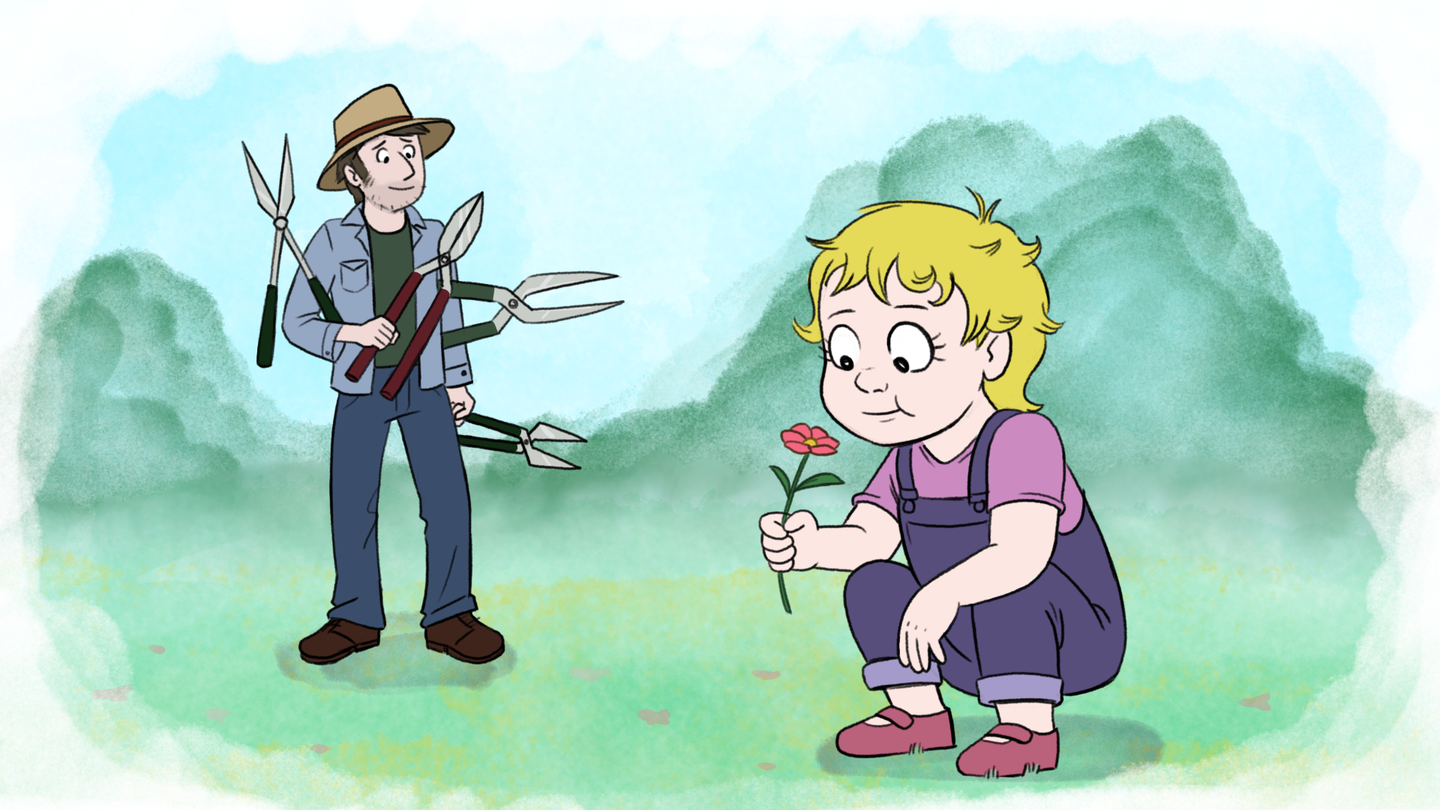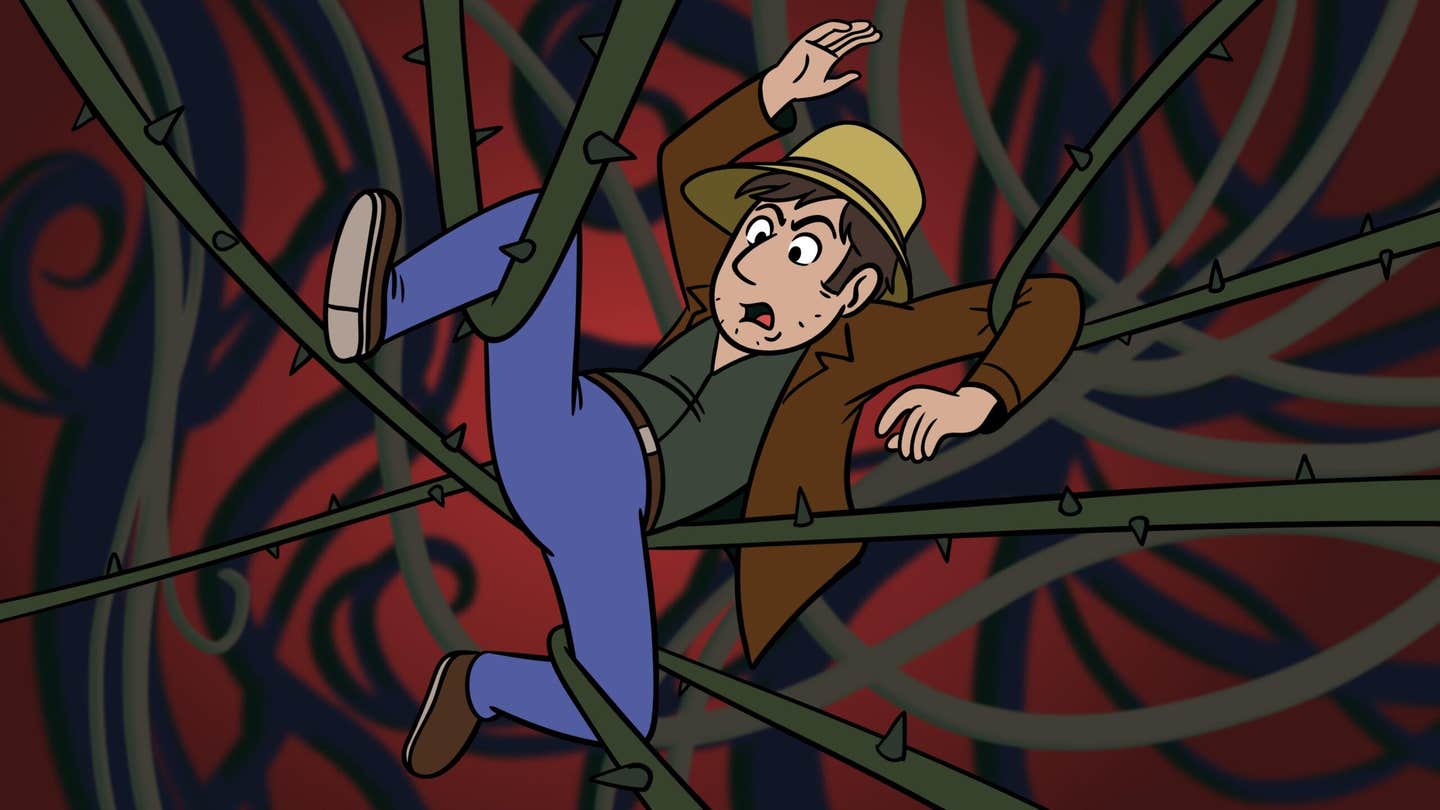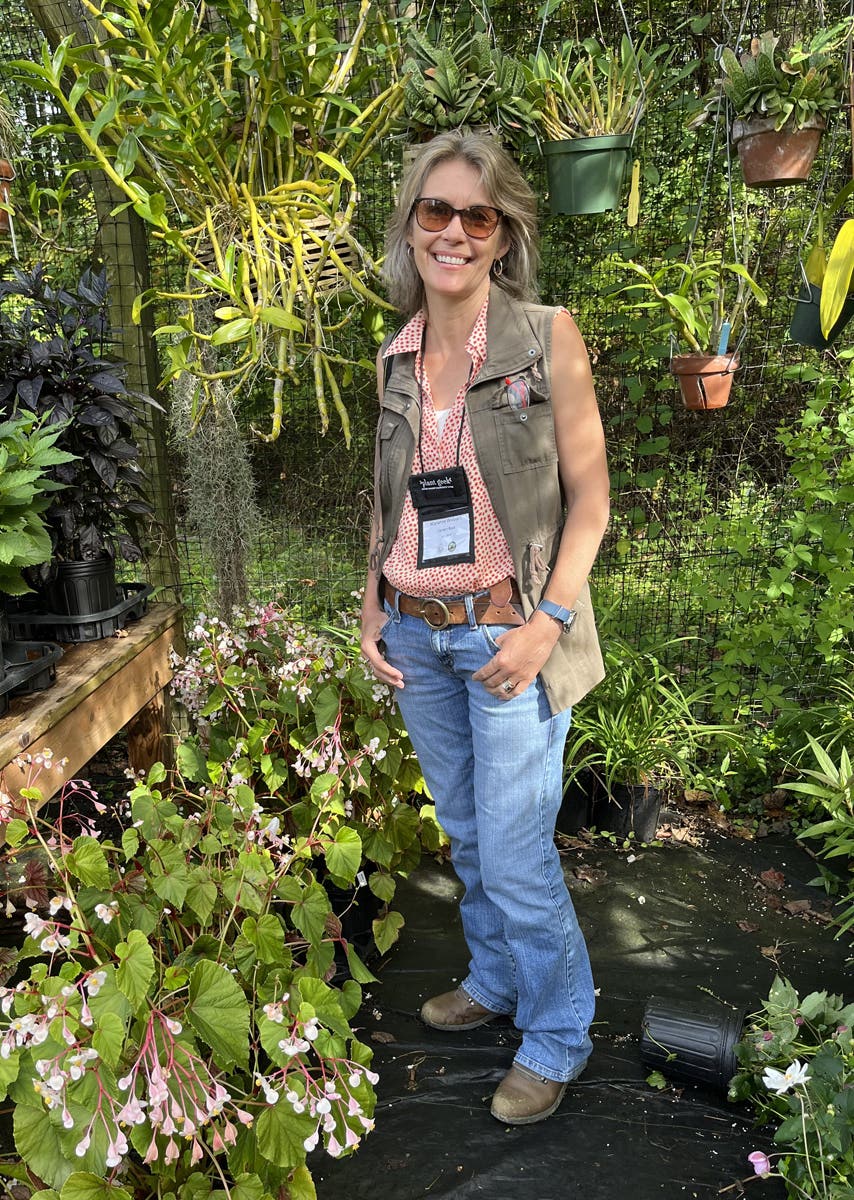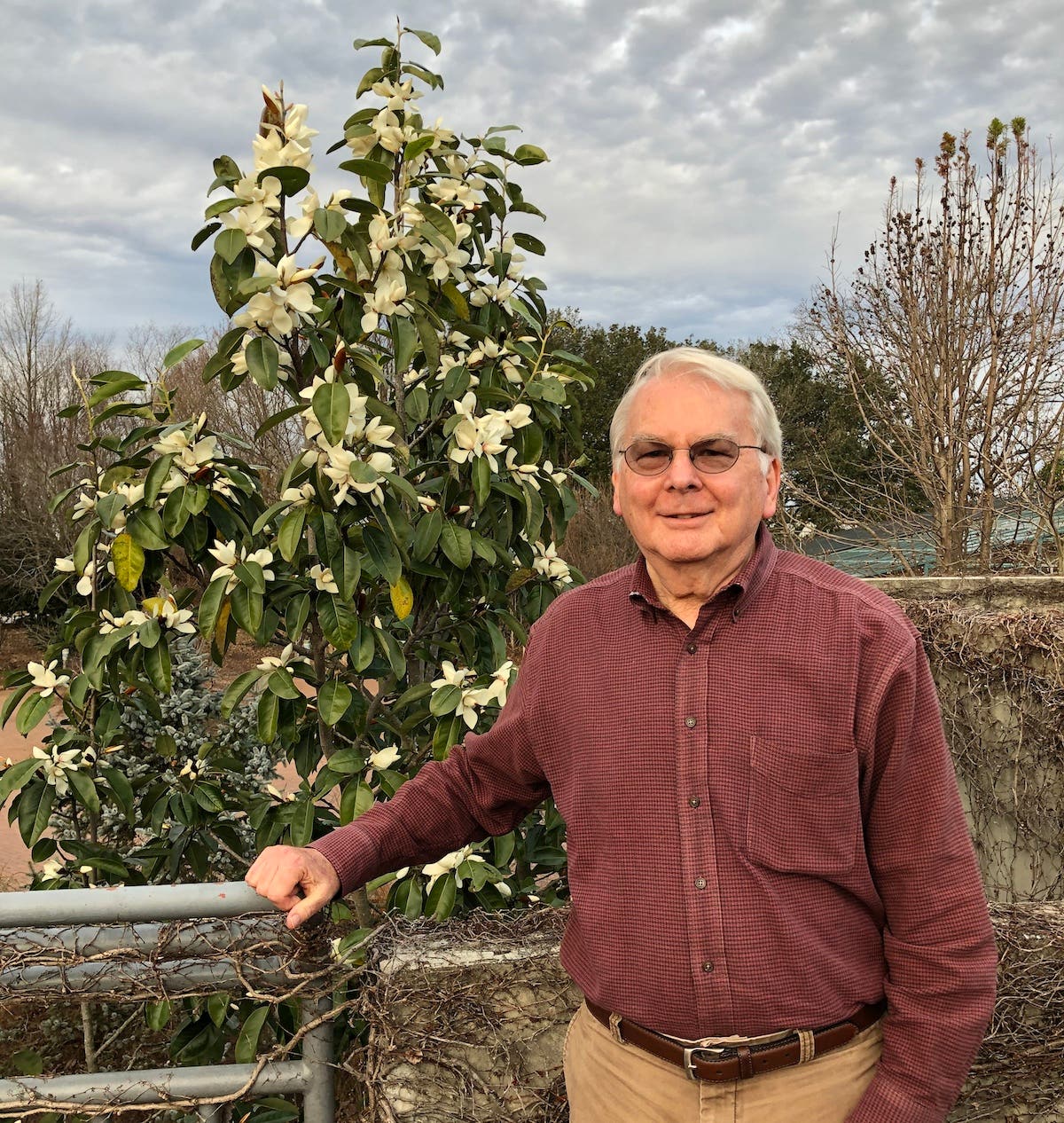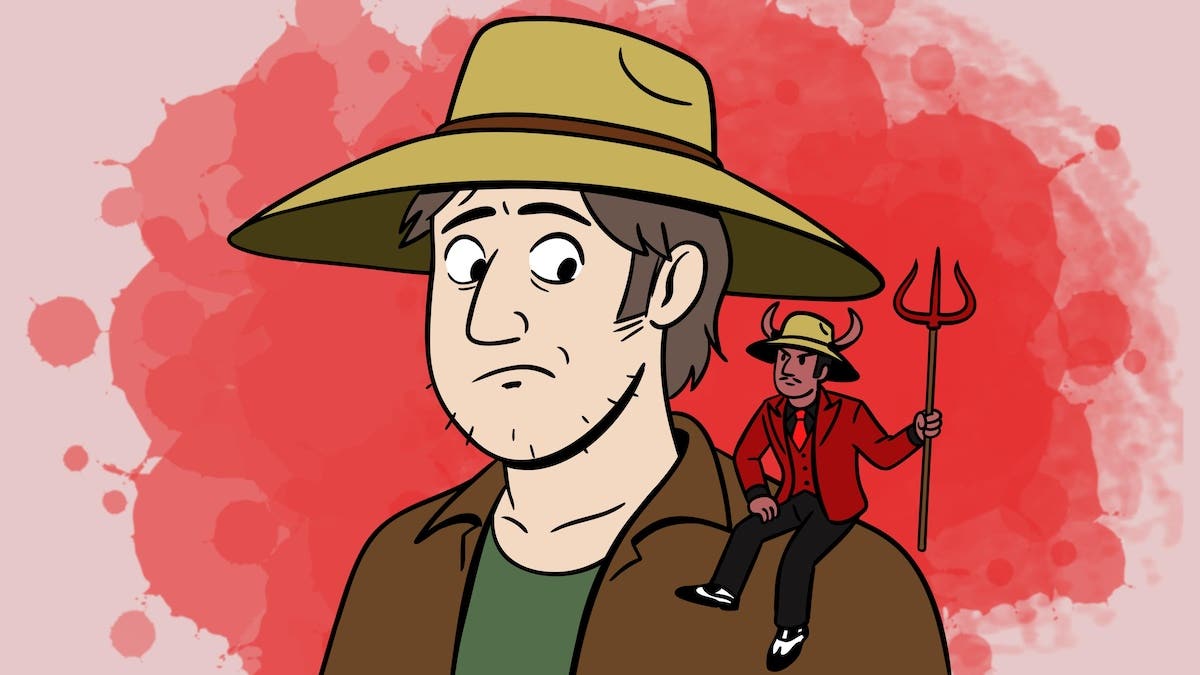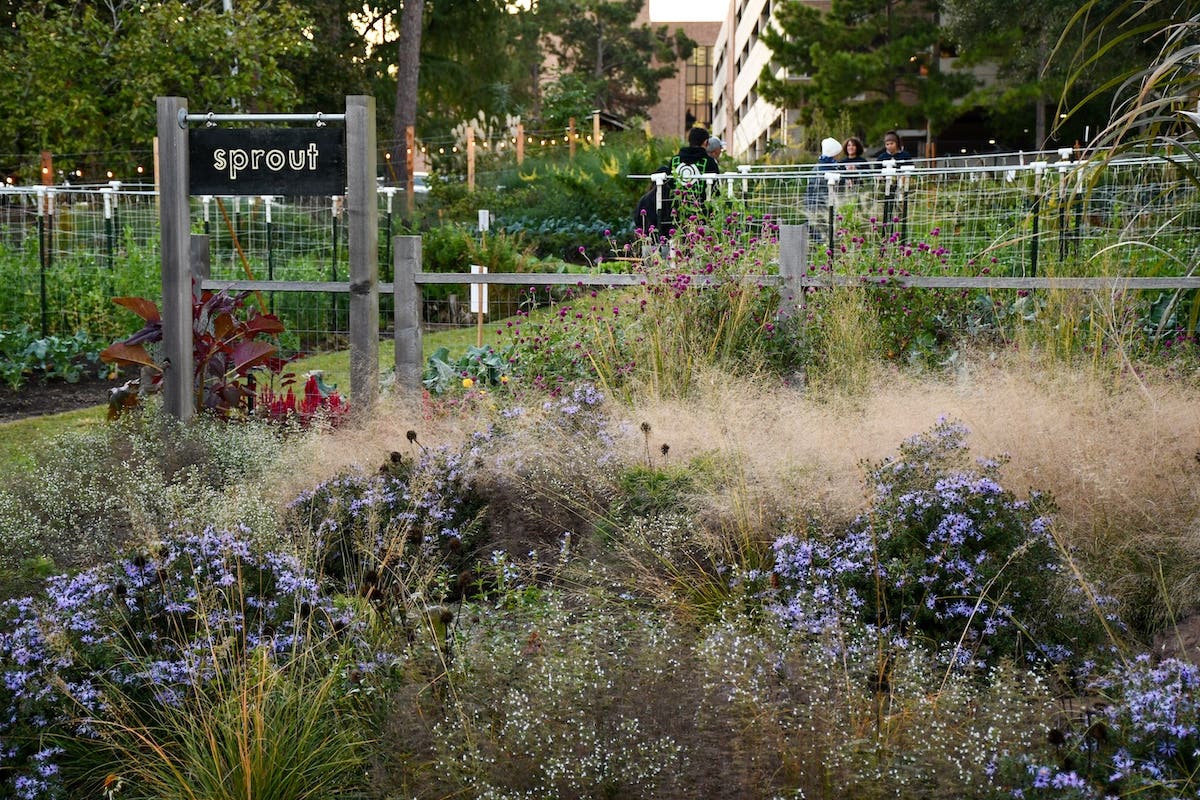It’s early Saturday and already hot. You have a lot to do but, alas, an immediate aggravation. By means of a jet of water to the face, you discover your hose has a hole. You speed off to the garden center for a new one but, being easily distracted, you come home with a trunk full of plants instead—an oak, an oakleaf hydrangea, one each of five different new coneflowers, some milkweed.
Back home, now with a bigger workload, you garden like hell. The only place you can find for the new hydrangea requires digging out a thick patch of black-eyed Susans. You squeeze the coneflowers in anywhere you can and hope for good color combinations with existing plants. Milkweeds are crammed wherever, and the oak gets planted in the front yard even though it will eventually shade out the city’s Callery pear. (So sad!)
Throughout all this, your mind gradually drifts away from the noise of your busy life. Your focus dials in and ideas stretch out. Backtracking, you relocate three of the coneflowers to better spots. At some point, you recall your grandmother in her garden and the black-eyed Susans she loved so much. This reminds you that your daughter just bought her first house. You find the pile of plants you pulled earlier and pot up several to give to her. Your neighbor stops by, and you give her some as well.
Several hours later, among many other things, you have weeded, edged, picked vegetables, trimmed shrubs, sprayed deer repellant at a rabbit and gone back to the nursery for the forgotten hose. Calling it a day, you’re dirty, tired, sore and a little irked that you didn’t get more done. The spouse asks, “How’d it go?”
“Just another day in the garden,” you answer. But is that all it really was?
Let’s look at the day from a higher altitude. You had hours outside in nature. You exercised your body. You cleared your head. You fixed, solved and perfected. You created. You remembered a dear loved one in perhaps her favorite place—her garden. You planted a tree that might shade your neighborhood for more than a century. You made habitat. You fed pollinators. You shared plants that will beautify your neighborhood. You set aside plants that will begin to make your daughter’s new house a home. You even supported the local economy and very possibly, literally and figuratively, planted seeds that will perpetuate in others an appreciation for plants and nature.
The number of our days is finite and it’s simply a fact of life that they tend to blur together. But if we were better at standing back and sorting our best days from the others, I think it would be a revelation. In terms of the health of our bodies and minds, the pleasure we give ourselves and others now and into the future and the effect we have on the quality of our local ecosystems and community, I believe those days so easily dismissed as “just another day in the garden” might rank among our finest.


